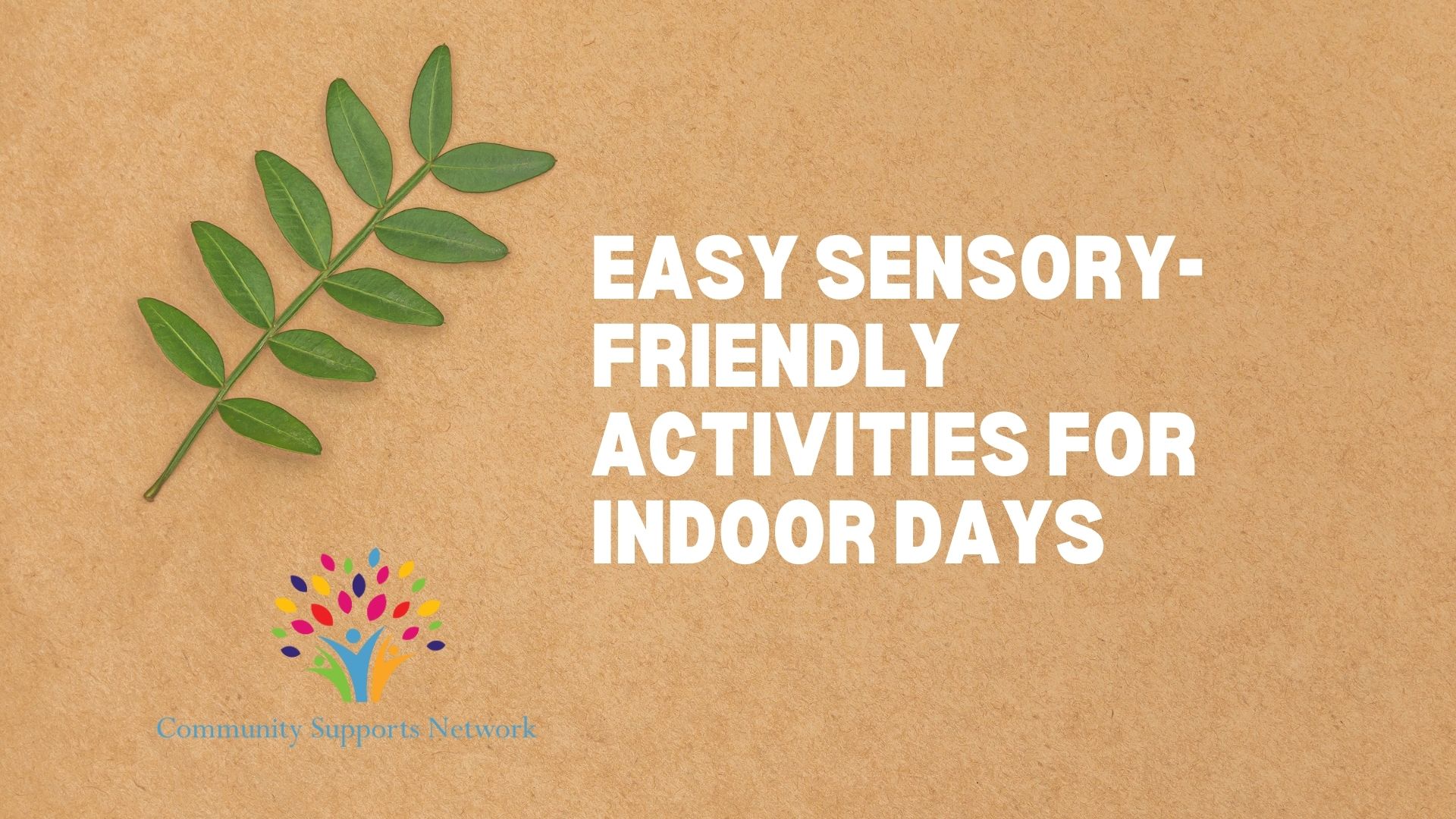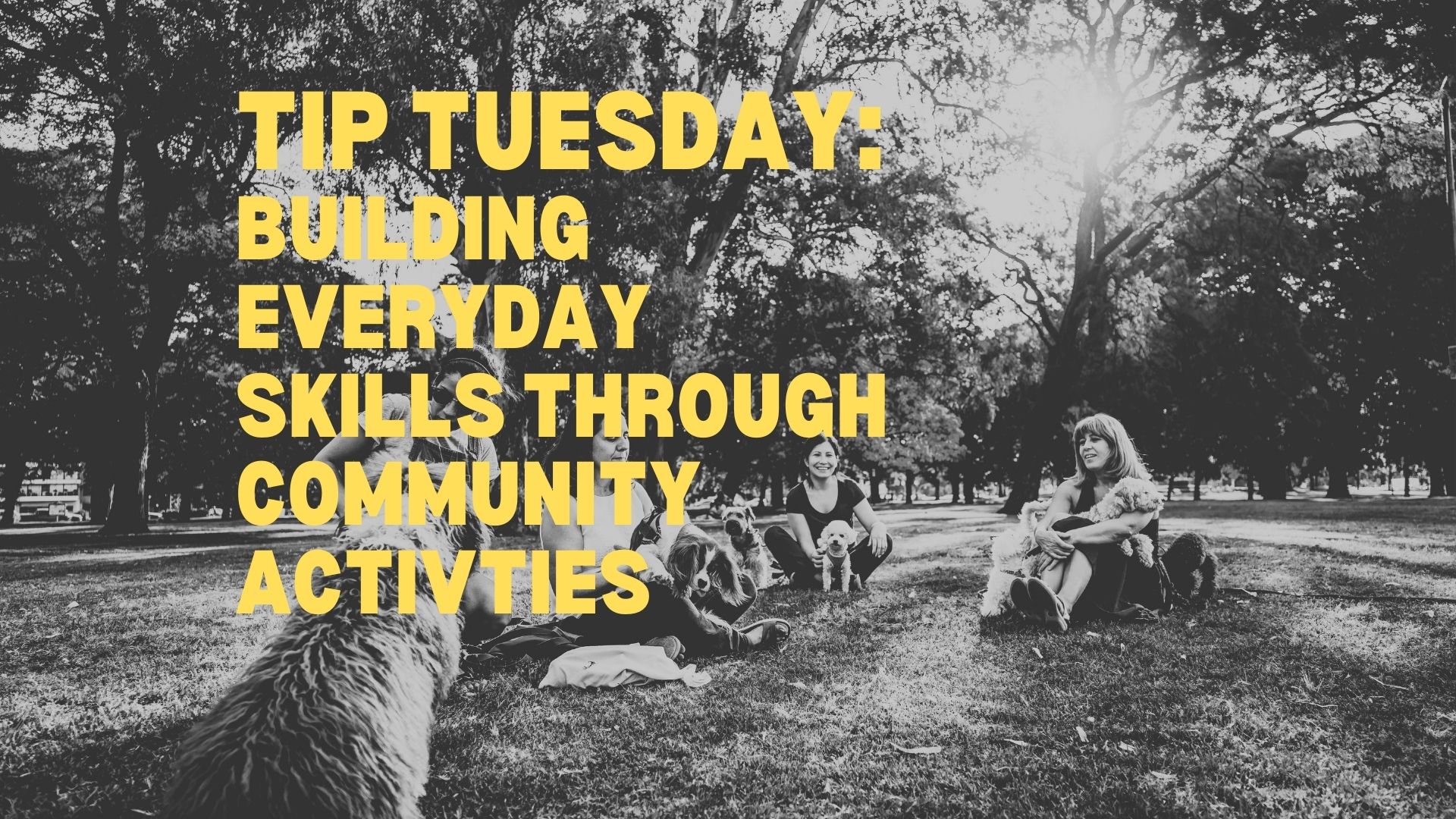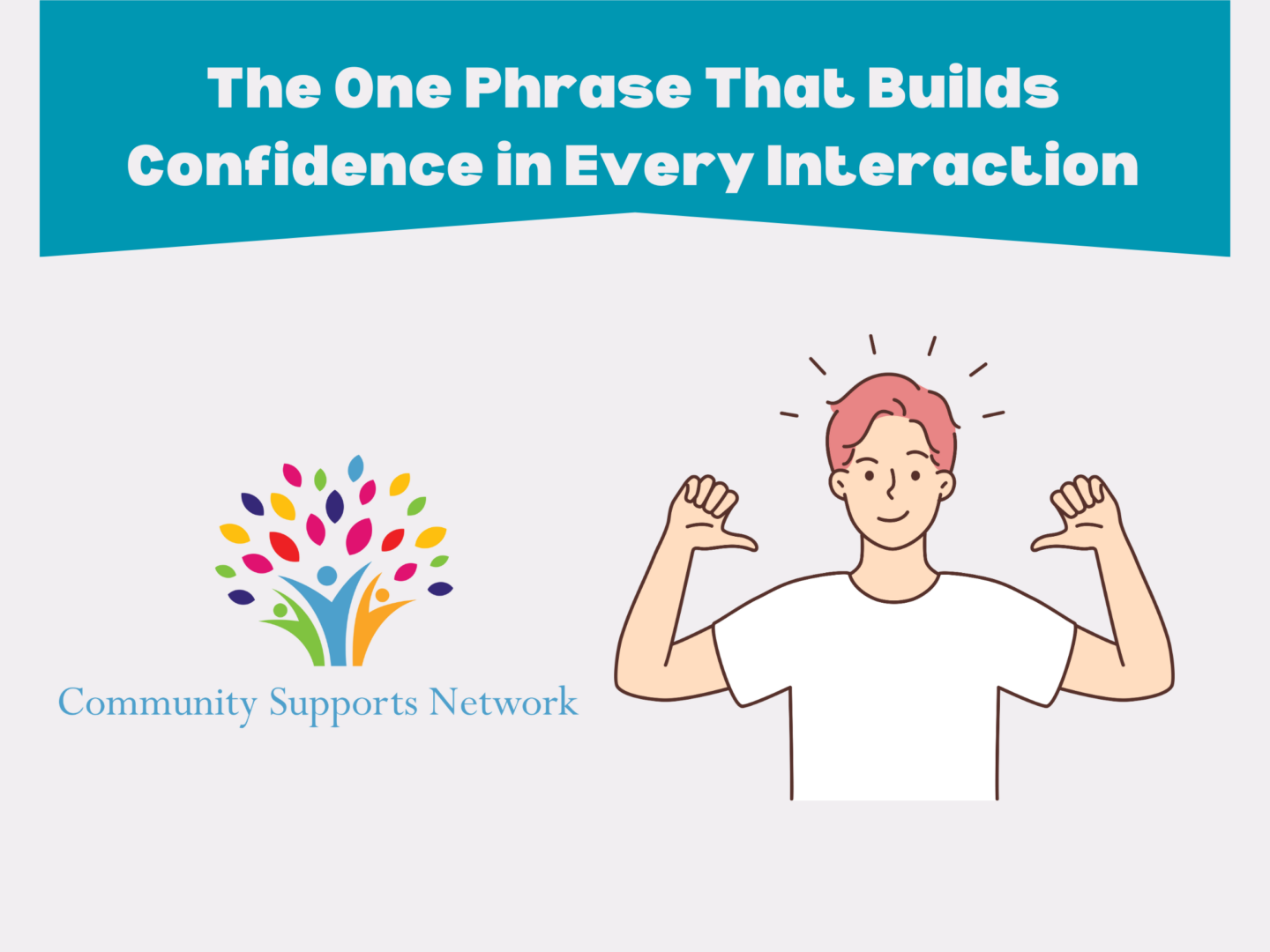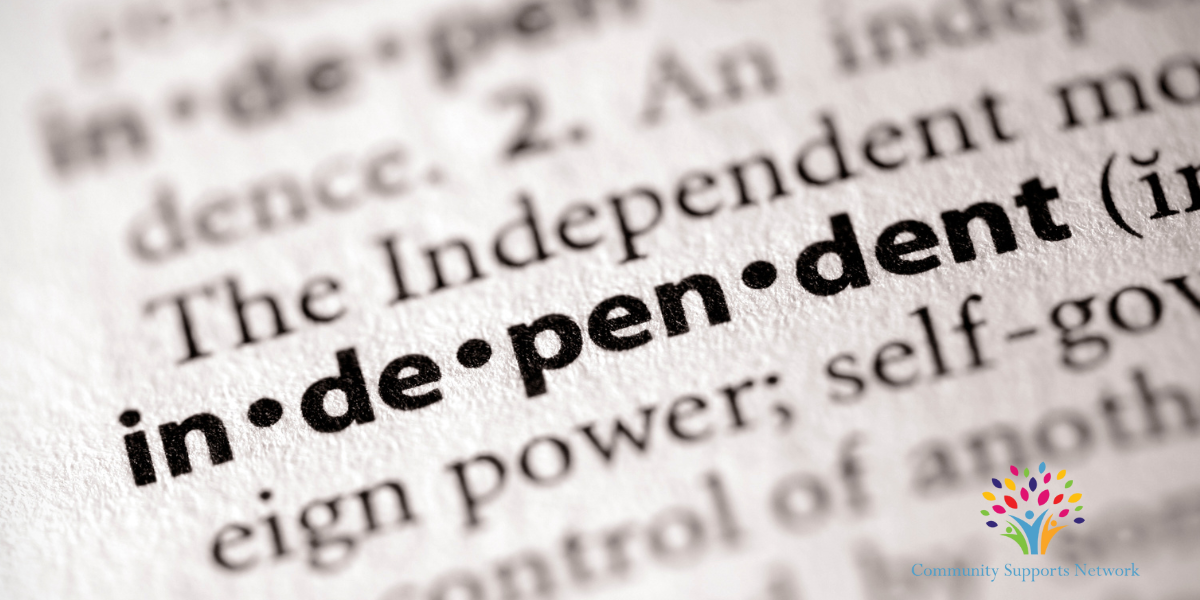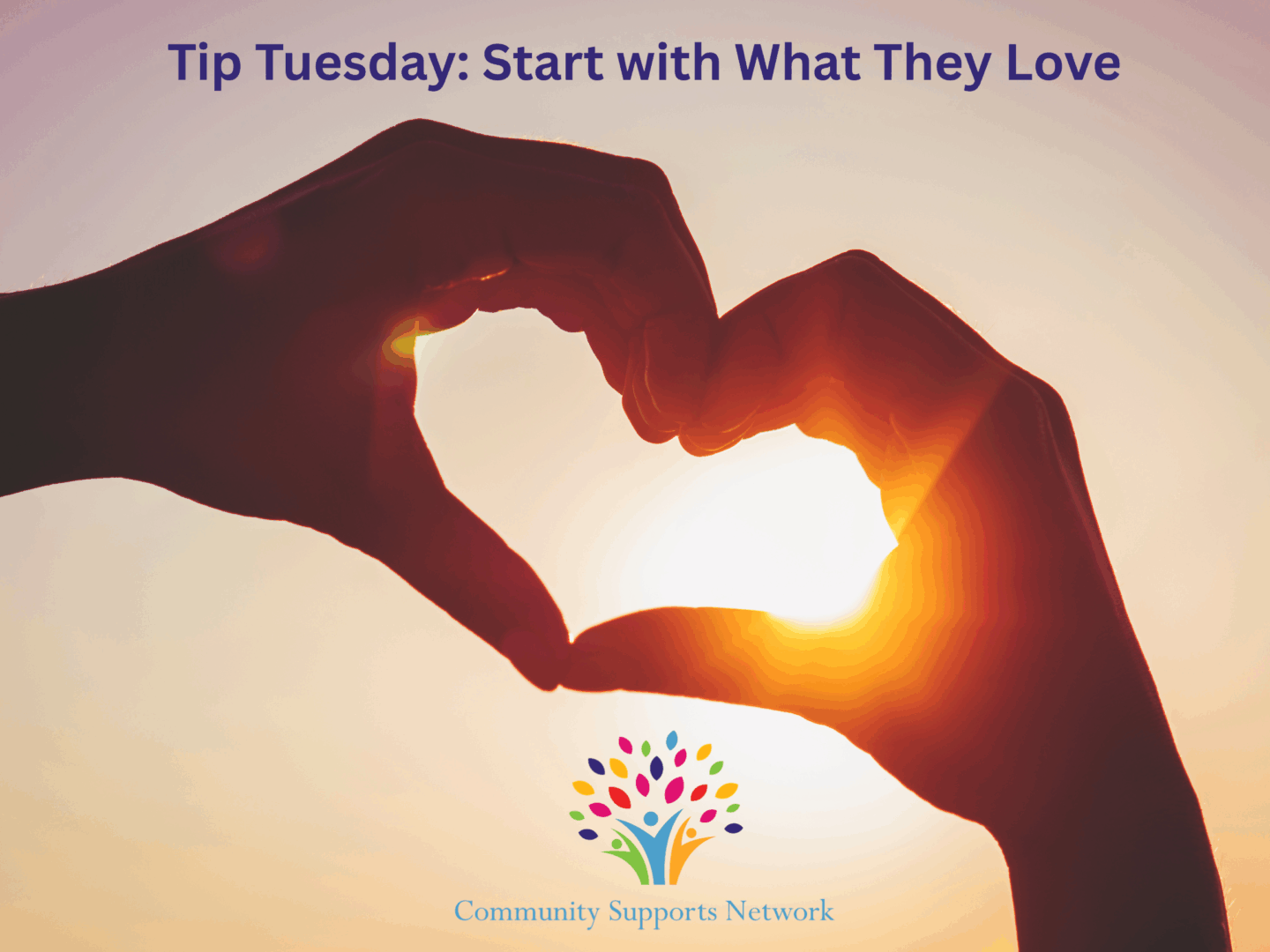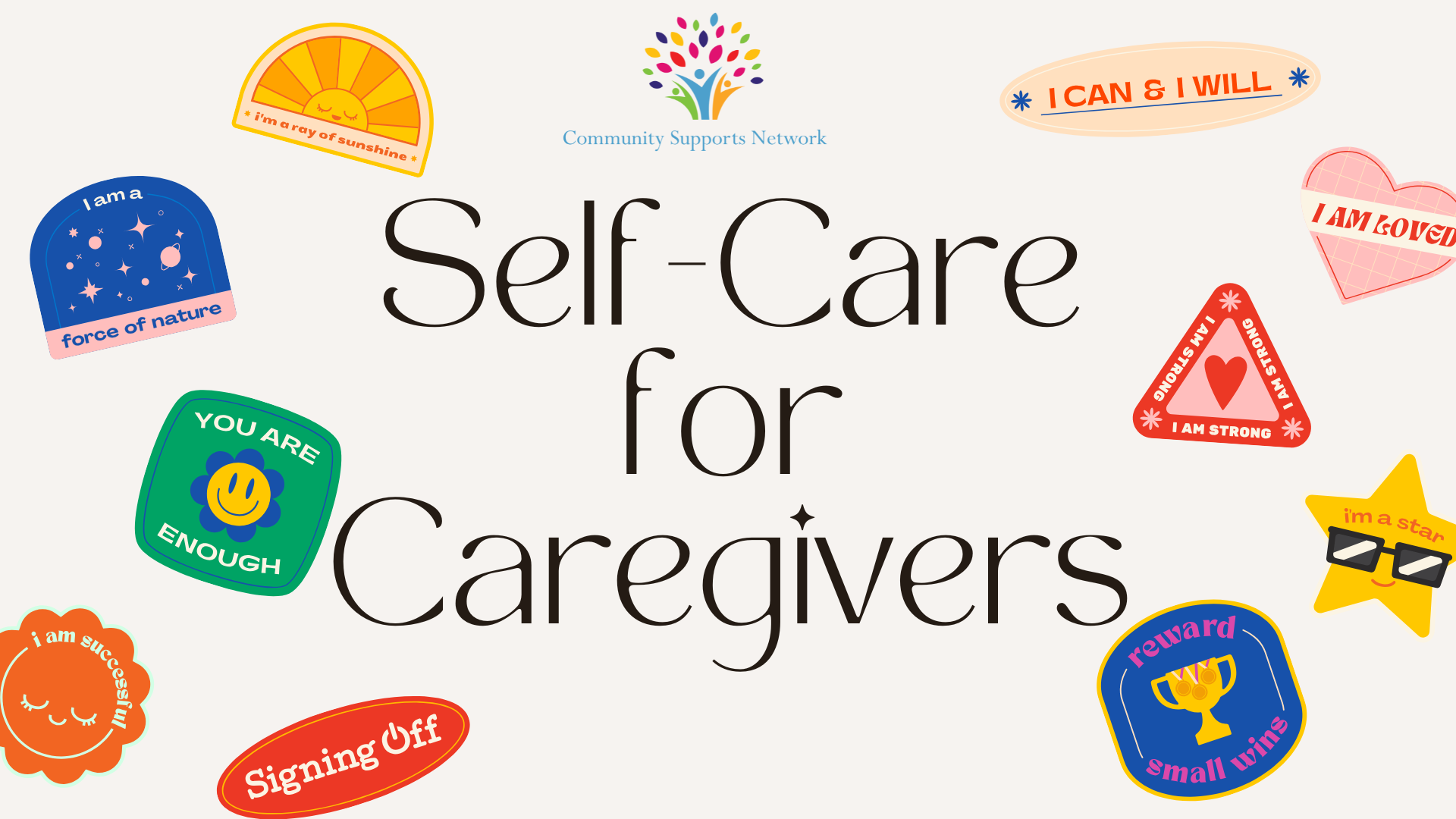
Supporting physical health, emotional well-being, sensory comfort, and routine stability during colder months
Winter can bring a unique set of challenges for individuals with disabilities. Shorter days, colder temperatures, disrupted routines, and increased time indoors can affect physical health, emotional regulation, sensory comfort, and overall well-being.
At Community Supports Network (CSN), we believe wellness is more than avoiding illness—it’s about supporting the whole person. With thoughtful planning and person-centered strategies, DSPs, caregivers, and families can help individuals feel safe, comfortable, and empowered throughout the winter season.
Key areas to focus on when supporting winter wellness
1. Supporting Physical Health
Cold and flu season, reduced activity levels, and limited outdoor time can impact physical health during winter months.
Helpful strategies include:
- Encouraging regular handwashing and healthy hygiene routines
- Supporting proper hydration (even when thirst cues are lower in cold weather)
- Maintaining balanced, nutritious meals
- Supporting medication schedules and routine health appointments
- Encouraging gentle movement and physical activity indoors
Even small amounts of daily movement—stretching, walking indoors, or light exercises—can support circulation, energy levels, and mood.
2. Prioritizing Mental & Emotional Well-Being
Seasonal changes can affect emotional regulation and mental health. Individuals may experience increased anxiety, fatigue, sadness, or irritability as routines shift and daylight decreases.
Ways to provide emotional support:
- Maintain consistent daily check-ins
- Validate feelings (“It’s okay to feel tired or frustrated today.”)
- Offer reassurance during changes in routine
- Encourage preferred activities that bring comfort or joy
- Watch for changes in behavior that may signal distress
Emotional support helps build trust, safety, and resilience—especially during unpredictable seasons.
3. Creating Sensory Comfort
Winter environments often come with heavier clothing, indoor heating, reduced daylight, and more crowded indoor spaces—all of which can affect sensory processing.
Consider offering:
- Soft or preferred clothing layers
- Weighted blankets or compression items
- Noise-reducing headphones
- Adjustable lighting or access to natural light
- Quiet spaces for breaks
- Familiar sensory tools or routines
Meeting sensory needs proactively can reduce overstimulation and support emotional regulation.
4. Maintaining Routine Stability
Weather disruptions, holidays, and shorter days can interrupt established routines, which may feel unsettling for many individuals.
Helpful approaches include:
- Using visual schedules or calendars
- Previewing changes in advance
- Keeping consistent wake-up, mealtime, and bedtime routines
- Gradually reintroducing structure after disruptions
- Offering predictable daily “anchor points”
Structure provides security and helps individuals feel more in control of their environment.
5. Supporting DSPs and Caregivers Too
Wellness extends to the people providing support. Winter can be demanding for DSPs and caregivers balancing increased needs, staffing challenges, and their own seasonal stress.
At CSN, we recognize that supporting staff well-being strengthens the care individuals receive. Encouraging rest, communication, teamwork, and access to resources benefits everyone involved.
Looking Ahead
Winter may bring challenges, but it also offers opportunities to deepen connection, strengthen routines, and practice compassion.
By supporting physical health, emotional wellness, sensory comfort, and routine stability, DSPs and caregivers help individuals navigate the season with dignity, confidence, and care.
At Community Supports Network, we remain committed to providing person-centered support — every season of the year.





